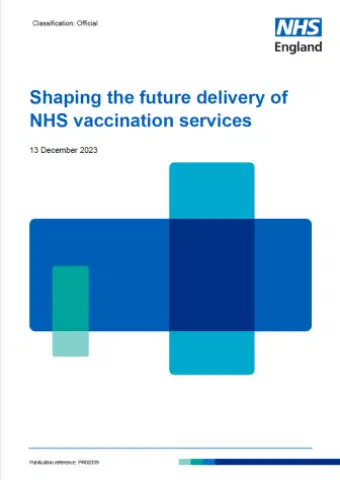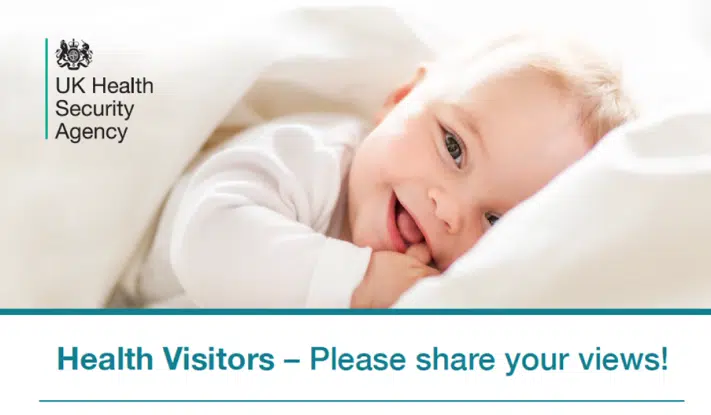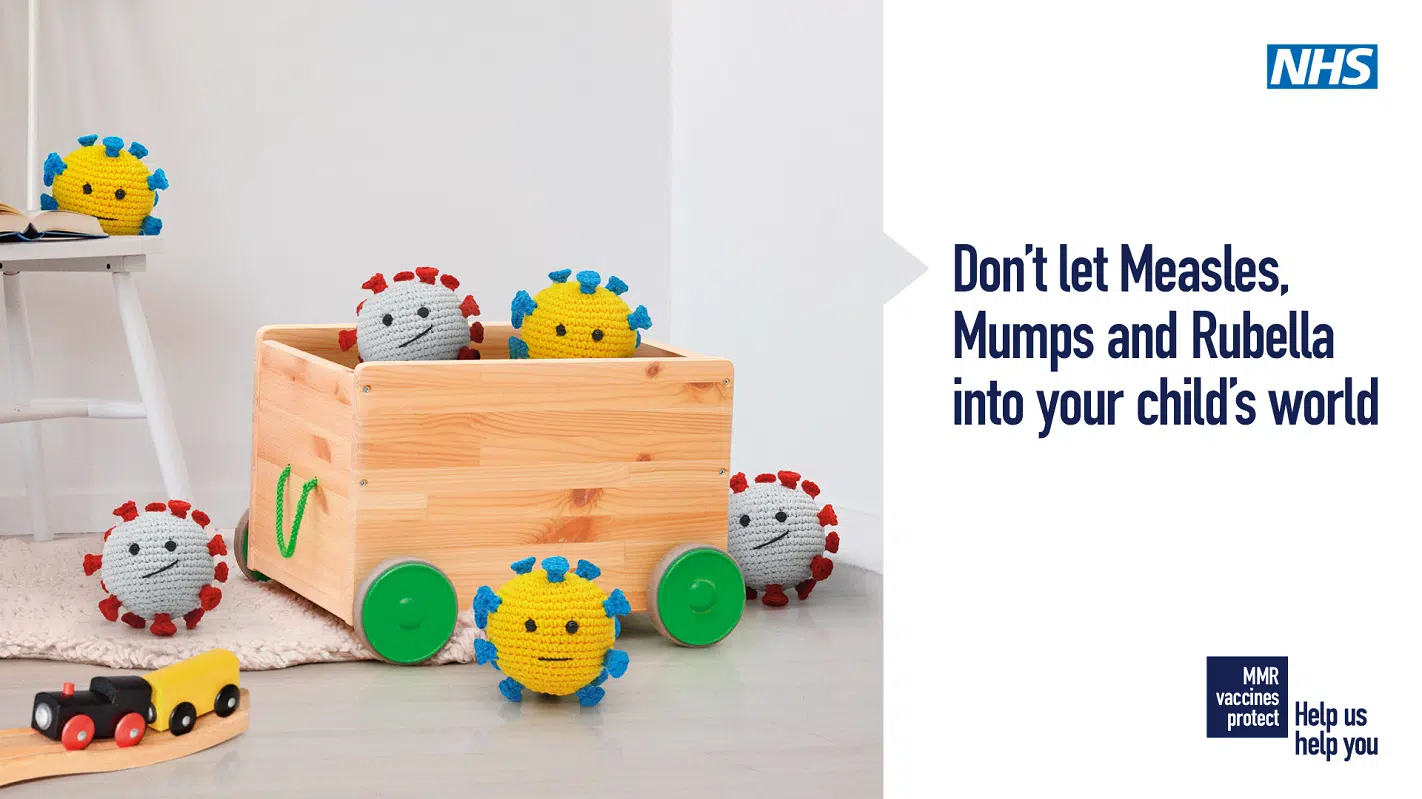Helen Bedford, Professor of Children’s Health Population, Policy and Practice Research and Teaching Department – UCL Great Ormond Street Institute of Child Health, and iHV Expert Advisor for Immunisations, provides an update on some very important changes to the child health vaccination schedule.
The UK childhood vaccination schedule is highly successful with protection against 14 diseases currently routinely offered to children under five years of age. Despite some current challenges in vaccine uptake, specifically a small year-on-year decline over the past 12 years and growing inequalities between areas and communities, most parents vaccinate their children without hesitation. This is in no small part due to advice from health visitors (HV) who are reported by parents as one of the main sources of vaccine information.
It is therefore vital for HVs to keep up to date with the vaccine programme; as it is continually amended, this can be challenging. During 2025/26 significant changes are being introduced which are summarised here along with their rationale. The changes are to be introduced in two phases.
From 1 July 2025:
- Change to the timing of MenB (meningococcal group B – which can cause meningitis) and PCV (pneumococcal infections which can cause pneumonia and meningitis) in the infant schedule – the second dose of Men B will be brought forward from 16 weeks to 12 weeks and PCV vaccine moved from 12 to 16 weeks.
- MenB disease cases have declined since the vaccine was introduced, but the peak age for this infection is now younger (1–3 months), with more severe disease in this age group. Bringing forward the second MenB dose aims to protect infants earlier.
- MenC (meningococcal group C – which can cause meningitis)/Hib vaccine (protects against Haemophilus influenzae type b which can cause Hib meningitis) given at 12 months is to be discontinued as the manufacturers are stopping its production; once stocks are used up this vaccine will no longer be offered.
- MenC is now very well controlled in young children as a result of the vaccine programme and the main focus for continued control is through the offer of MenACWY vaccine to adolescents.
- For infants at increased risk of Hepatitis B who are recommended additional doses of the vaccine, the 12 months dose will be discontinued. Instead, they will be offered the 6-in-1 vaccine at 18 months of age at a new routine vaccine visit. These babies continue to need to have their blood tested for infection and this can be done via the Dried Blood Spot test at any time between 12 and 18 months.
From January 2026:
- The new 18-month routine vaccine visit is a major addition to the vaccine programme. At this visit, toddlers born on or after 1 July 2024 will be offered a fourth dose of the 6-in-1 vaccine and a second dose of MMR (Measles, Mumps and Rubella) vaccine.
- Although MenC is well controlled in infants, a booster of Hib vaccine is needed for continued protection and the discontinuation of Hib/MenC given at 12 months leaves a gap. It will also boost immunity to polio. This brings the UK in line with other countries e.g USA, Canada and some European counties, which offer a fourth dose of the primary vaccines.
- The second dose of MMR is being brought forward to 18 months from current 3 years 4 months. Research has shown that offering the second dose earlier improves uptake which is especially important in light of current outbreaks of measles and low coverage in some areas and communities.
- The introduction of routine varicella (V)(chicken pox) vaccine has been recommended by the Joint Committee on Vaccination and Immunisation (JCVI), but at the time of writing this has not received final approval. When it is introduced, it will be offered in combination with MMR as MMRV vaccine with doses at 12 and 18 months. There will also be a catch-up programme for older children.
Many parents (and professionals) will have questions about these changes. For example, the introduction of a new vaccine always raises questions about its safety and effectiveness. Varicella vaccine maybe new as a routine vaccine in the UK, but many countries have included in their schedules for decades and so there is vast experience to support its safety and effectiveness.
Personal Child Health Record (Red Book)
Pages reflecting the revised schedule and for recording vaccines given will be available as inserts for babies who already have a record and new PCHRs issued from later this year will include this updated information.
These significant updates to the UK childhood vaccination schedule in 2025–26, include timing adjustments for existing vaccines, the discontinuation of MenC/Hib and the introduction of a new 18-month vaccination visit, are designed to improve early protection and overall vaccine uptake.
Information for parents and health professionals
UKHSA has produced a range of information materials to support the schedule changes. These include a slide set for health professionals, updated guidance on vaccination of individuals with uncertain or incomplete vaccination and updated leaflets for parents. These are all available at https://www.gov.uk/government/collections/immunisation
More information about the changes to the childhood schedule can be found here:
https://www.gov.uk/government/publications/childhood-schedule-changes-from-1-july-2025-information-for-healthcare-practitioners/childhood-schedule-changes-from-1-july-2025-information-for-healthcare-practitioners
iHV members can also find more information on vaccinations through:
- Our A-Z resource section on our website which has recently been updated with thanks to UKHSA – click here.
- iHV Insights webinar – Protecting lives: Health Visitors’ role in vaccination success. If you missed this webinar on 20 March 2025 – you can catch up on the recording by clicking here.
Please note, you need to log in as a member to access these resources.






